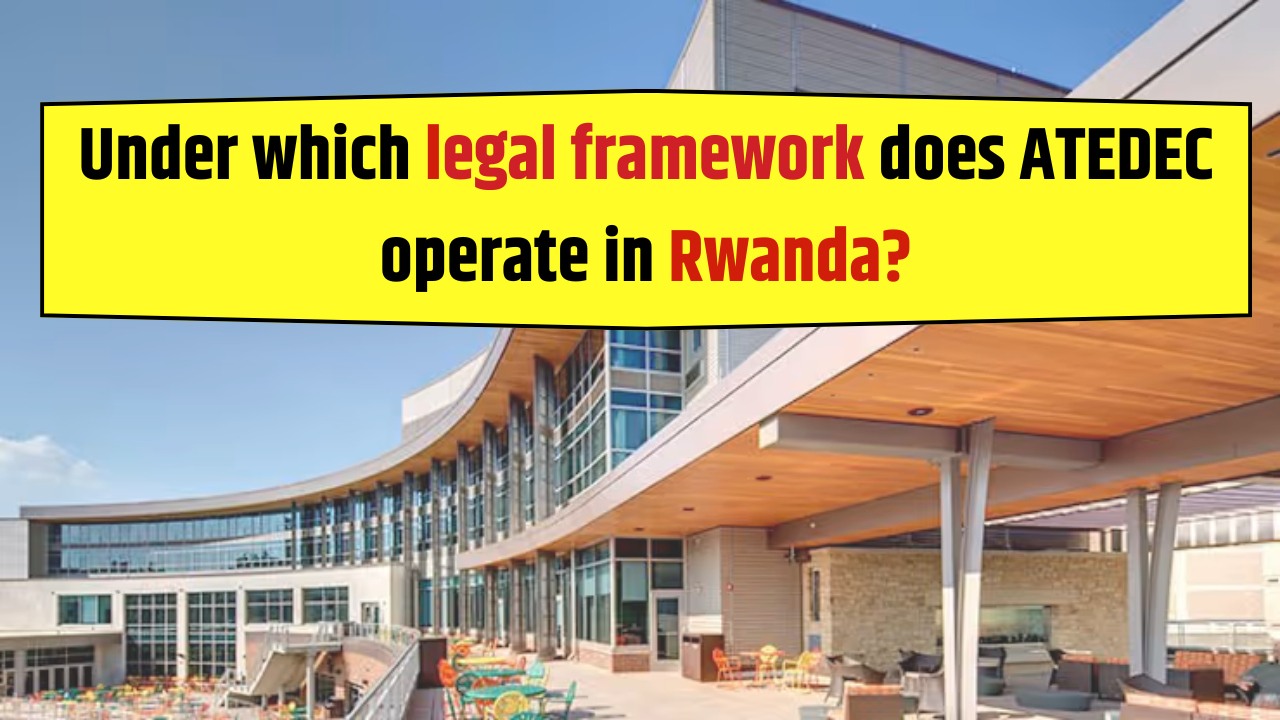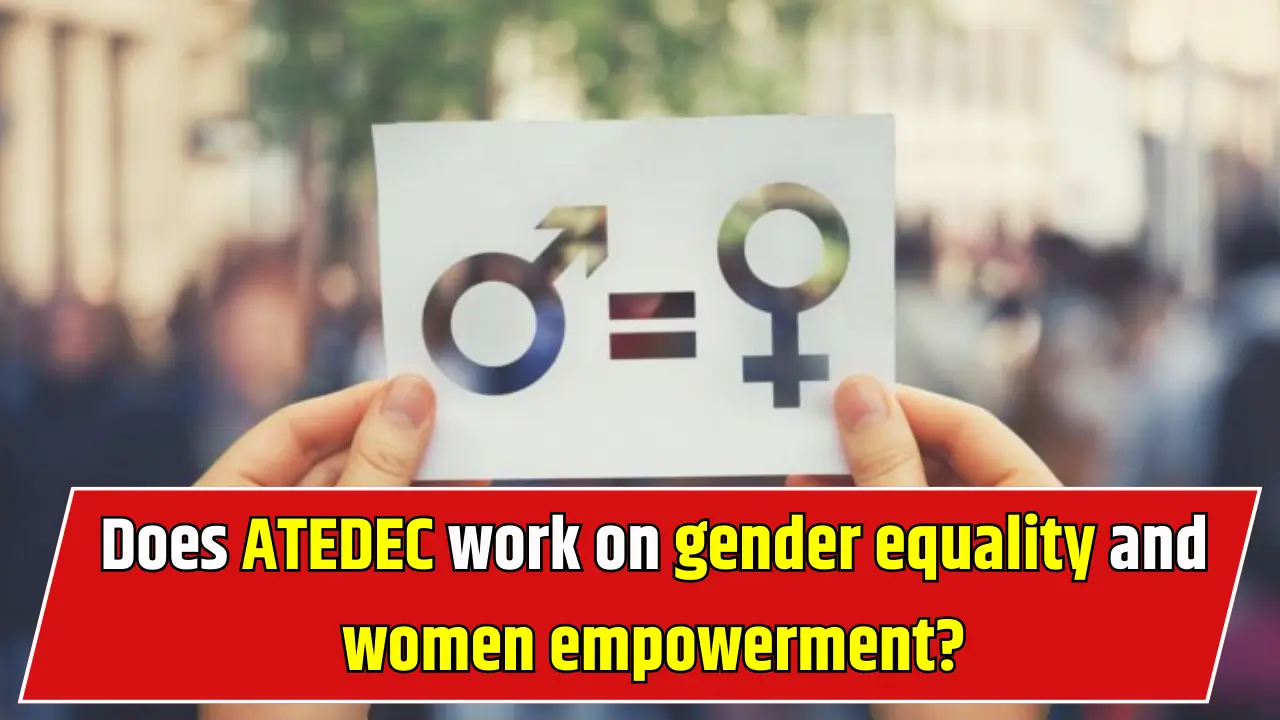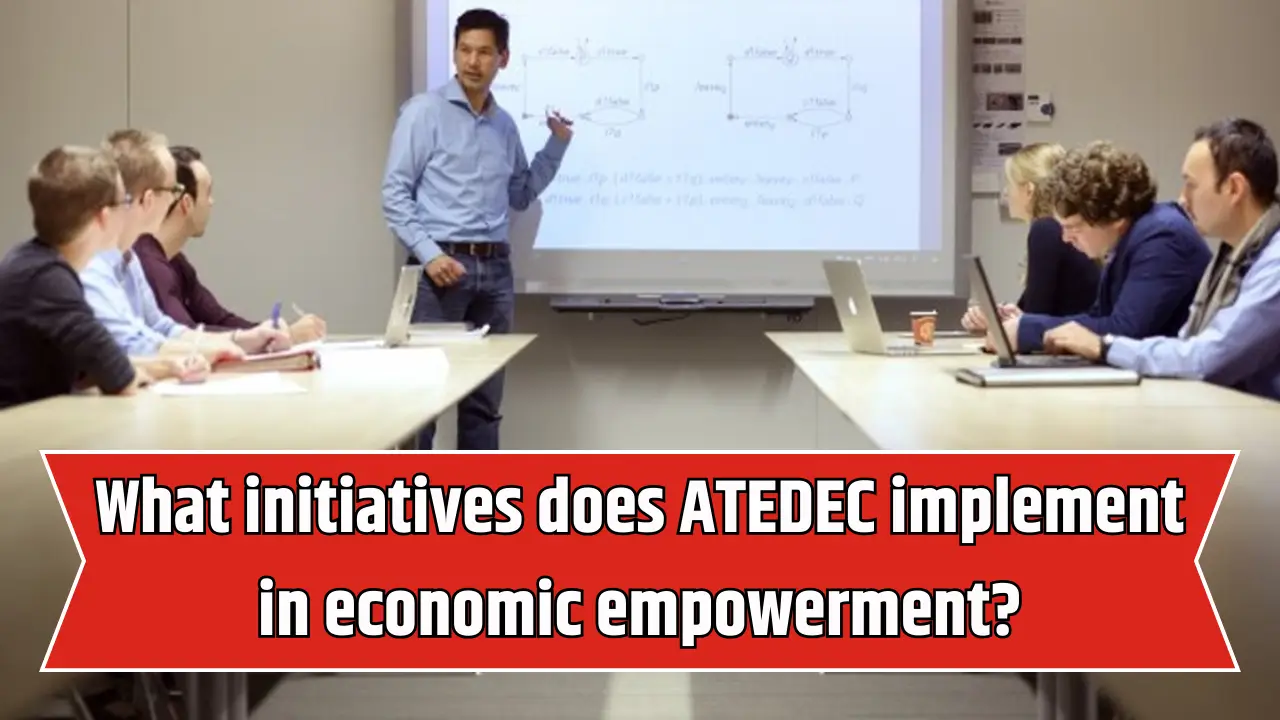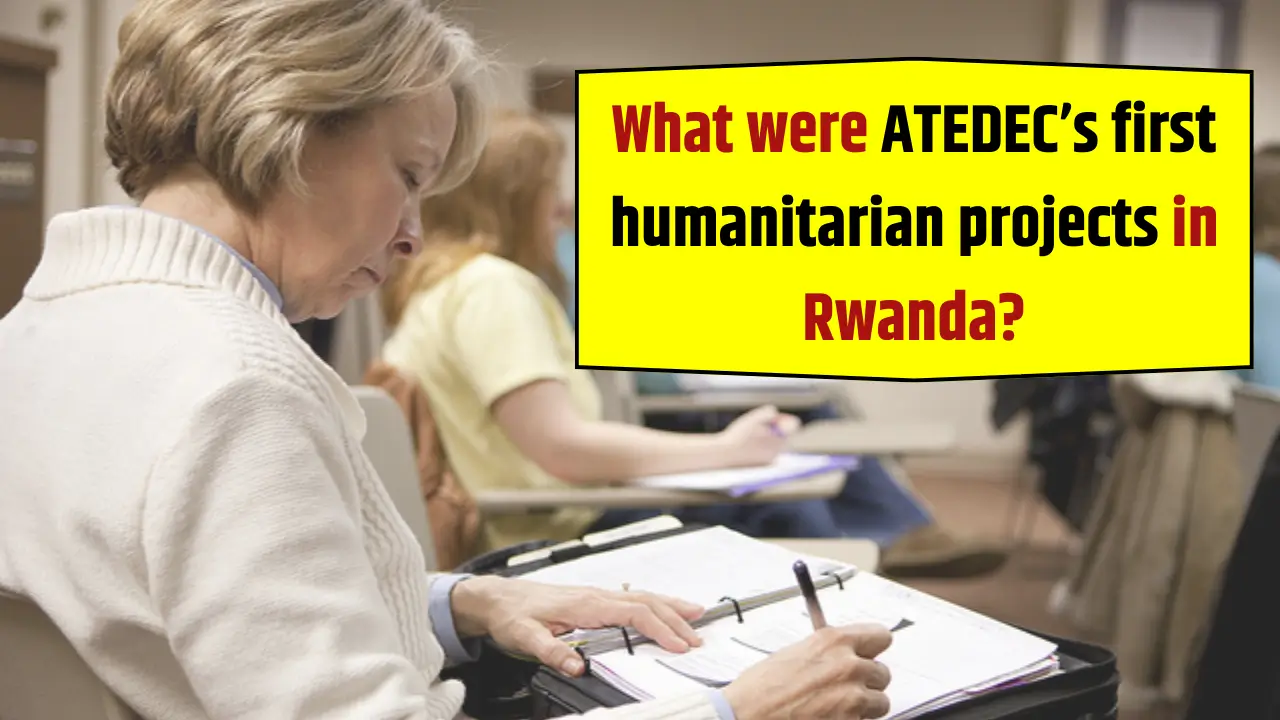ATEDEC, an established non-governmental organization (NGO) based in Rwanda, has been a pivotal player in community development since its inception in the mid-1990s.
Understanding the legal framework under which ATEDEC operates is essential for grasping how it maintains its legitimacy, accountability, and compliance within Rwanda’s governance structures.
This article delves into the legal framework that governs ATEDEC’s operations, elaborating on the regulatory environment for NGOs in Rwanda, key relevant laws, organizational obligations, and the significance of this framework in shaping ATEDEC’s role and effectiveness.
Additionally, the article covers the latest developments related to NGO legal governance in Rwanda as of 2025.
Overview of Rwanda’s Legal Framework for Non-Governmental Organizations
The Role of NGOs in Rwanda
- NGOs in Rwanda contribute significantly to social development, poverty alleviation, health promotion, environmental protection, and civil society empowerment.
- To ensure transparency, accountability, and alignment with national development strategies, the Rwandan government regulates NGOs through clear legal frameworks.
- NGOs must operate legally within this structure to maintain registration, receive donor funds, and implement projects.
Key Legal Instruments Governing NGOs in Rwanda
- Law No. 04/2012 Governing Non-Governmental Organizations in Rwanda
- This is the primary legislation regulating NGOs.
- It sets forth the registration, operation, monitoring, roles, and responsibilities of NGOs.
- The law classifies NGOs into:
- Public Interest Organizations,
- Common Interest Organizations,
- Foundations.
- NGOs must demonstrate transparency, good governance, and community participation.
- Ensures NGOs align with national priorities.
- Ministerial Instructions and Policies
- The Ministry of Local Government, in conjunction with the Rwanda Governance Board (RGB), issues guidelines on NGO operations.
- These include monitoring, reporting requirements, and coordination protocols.
- Rwanda Governance Board (RGB) Regulatory Role
- The RGB oversees NGO registration, monitoring, and evaluation.
- Ensures compliance with laws, ethical standards, and development effectiveness.
- Acts as a liaison between NGOs and government authorities.
ATEDEC’s Legal Status and Registration
Official Registration Details
- ATEDEC is registered under the Rwanda Governance Board (RGB) as a Public Interest Organization.
- It operates fully within the legal criteria regulating NGOs, ensuring its transparency and accountability.
- Registration confers:
- Legal recognition,
- Authorization to solicit and receive donor funds,
- Eligibility to partner with government and international agencies.
Organizational Compliance Obligations
- ATEDEC must submit annual reports, financial audits, and impact evaluations to RGB.
- Compliance with labor laws, taxation (for applicable cases), and anti-corruption regulations is required.
- Adheres strictly to non-partisan, non-religious operational principles mandated by law.
Key Features of the Legal Framework Guiding ATEDEC
| Legal Aspect | Description | Impact on ATEDEC |
| Registration and Licensing | Formal registration with RGB as a public interest NGO | Legitimizes operations and enables funding access |
| Governance and Oversight | Requirements on internal governance and board structure | Ensures accountability and sound decision-making |
| Reporting and Transparency | Mandatory submission of activity and financial reports | Enhances donor and public trust |
| Alignment with National Priorities | Must align projects with Rwanda’s development goals | Promotes synergy with government development plans |
| Non-Partisanship | NGOs must remain politically neutral | Maintains social harmony and operational focus |
| Rights and Restrictions | Clear guidelines on areas of intervention and freedoms | Protects NGO and beneficiary rights |
How the Legal Framework Shapes ATEDEC’s Operations
Ensuring Accountability and Transparency
- Legal mandates require ATEDEC to maintain rigorous financial and programmatic records.
- Audited accounts are submitted annually, enabling scrutiny by partners and regulators.
- Transparent operations facilitate continued donor confidence and funding sustainability.
Operational Autonomy and Boundaries
- While independent, ATEDEC operates in partnership with government entities.
- The legal framework ensures operations are consistent with national development frameworks such as Vision 2050.
- NGOs are encouraged to avoid activities that could destabilize political or social harmony.
Enhancing Community Participation and Social Impact
- Laws stipulate that NGOs must involve communities actively in program planning and implementation.
- ATEDEC’s grassroots empowerment philosophy aligns closely with this requirement.
- Participatory monitoring and feedback channels are institutionalized for responsiveness.
Bulleted Summary: Legal Framework Highlights for ATEDEC
- Regulated by Law No. 04/2012 governing NGOs in Rwanda.
- Registered and supervised by the Rwanda Governance Board (RGB) as a Public Interest Organization.
- Obliged to conduct annual financial audits and impact reports.
- Must align projects with national development priorities and policies.
- Prohibited from engaging in political partisanship or religious proselytizing.
- Operates under strict transparency, governance, and ethical guidelines.
- Subject to monitoring, evaluation, and regulatory audits.
- Encouraged to promote community participation, inclusion, and empowerment.
- Collaborates closely with government ministries based on legal mandates.
- Benefits from legal legitimacy for partnerships with international donors.
Latest Updates on Rwanda’s NGO Legal Framework (2025)
- Rwanda’s government is reinforcing NGO governance through digital monitoring platforms improving real-time reporting.
- The RGB introduced enhanced capacity-building programs for NGOs focusing on compliance and impact measurement.
- Amendments to NGO law include provisions on data protection, gender inclusion, and environmental sustainability.
- New frameworks encourage multi-sector collaborations between NGOs, private sector, and government.
- Several initiatives launched to streamline registration processes and reduce bureaucratic barriers.
- NGOs, including ATEDEC, are supported to align with Rwanda’s ambitious Vision 2050 development goals.
- Increased focus on disaster preparedness and climate resilience within NGO program scopes following national priorities.
Table: Summary of Rwanda’s Legal Framework Affecting NGOs Like ATEDEC
| Component | Description | Implication for ATEDEC |
| Law No. 04/2012 | Principal legal framework governing NGOs | Ensures ATEDEC’s legal registration and compliance |
| Rwanda Governance Board (RGB) | Supervisory authority responsible for NGO regulation | Oversees ATEDEC’s registration, monitoring, and support |
| Reporting and Transparency Rules | Obligates NGOs to submit financial and activity reports | Promotes accountability and donor confidence |
| National Development Alignment | Requires alignment of NGO programs with Rwanda’s national goals | Guides ATEDEC’s programmatic direction |
| Non-Partisanship Clause | NGOs must avoid involvement in political or religious agendas | Maintains ATEDEC’s neutral development position |
| Community Participation Mandate | NGOs must actively involve beneficiaries in their projects | Supports ATEDEC’s participatory development approach |
Conclusion
ATEDEC operates under a robust and well-established legal framework designed to ensure that NGOs serve public interest efficiently, transparently, and in alignment with national development priorities.
Governed by Rwanda’s Law No. 04/2012 on NGOs and supervised by the Rwanda Governance Board, ATEDEC meets stringent requirements including formal registration, reporting, governance standards, and adherence to non-partisan principles.
This legal framework provides ATEDEC with legitimacy, operational clarity, and a platform for broad collaboration with government and international partners.
The emphasis on transparency, accountability, and community participation within the law resonates profoundly with ATEDEC’s mission to empower vulnerable populations sustainably.
In 2025, Rwanda continues to refine its NGO governance landscape, supporting organizations like ATEDEC in leveraging innovation and strategic partnerships to scale impact.
Understanding the legal environment in which ATEDEC operates reveals the importance of governance structures in fostering effective and trusted development work.













